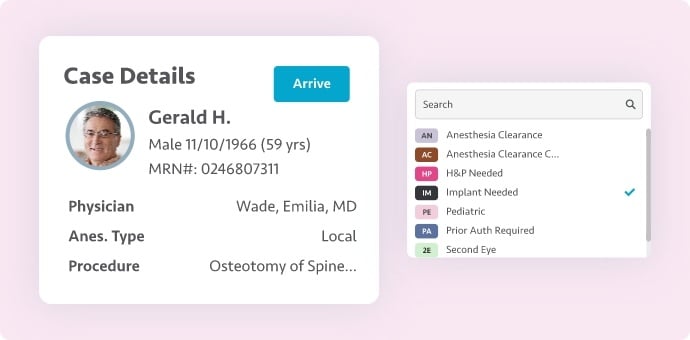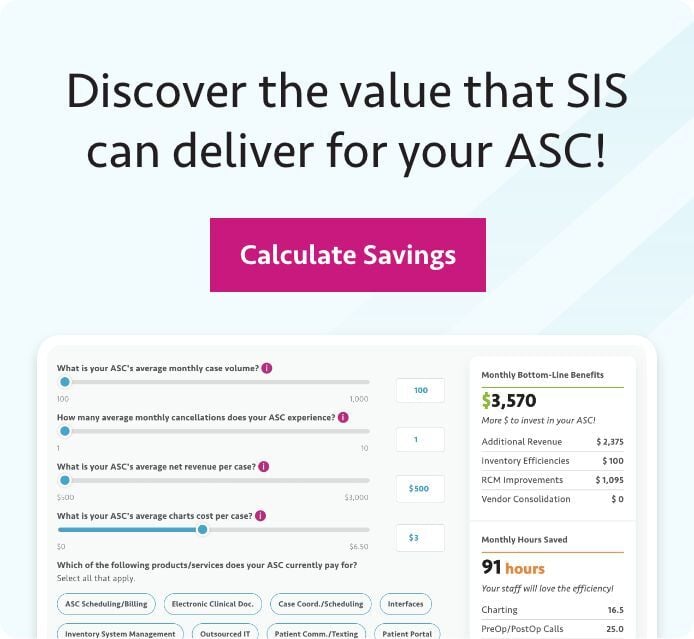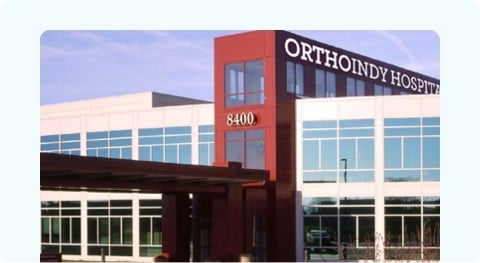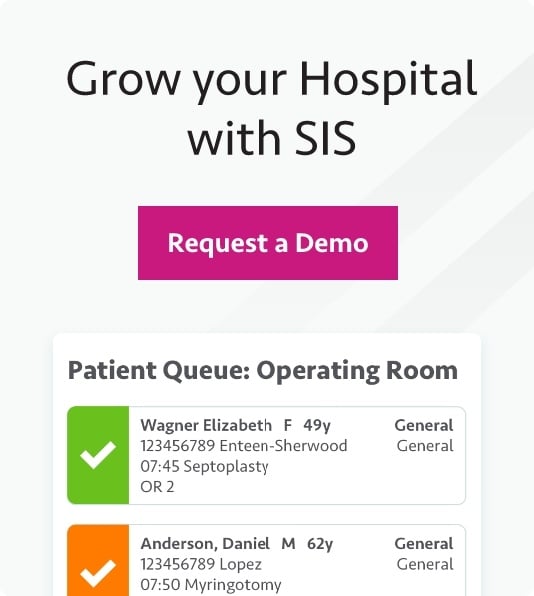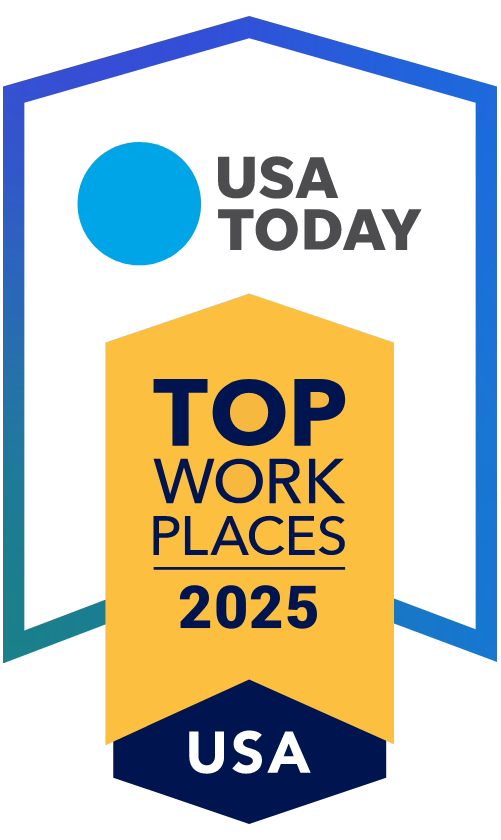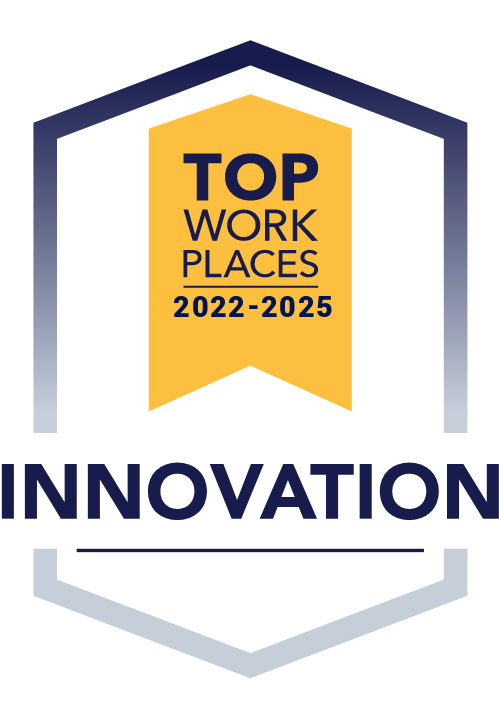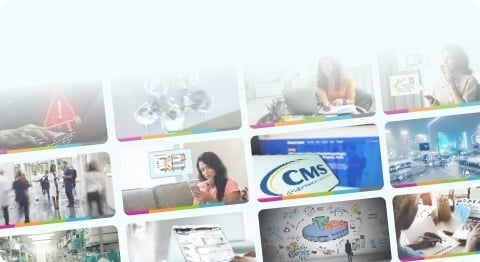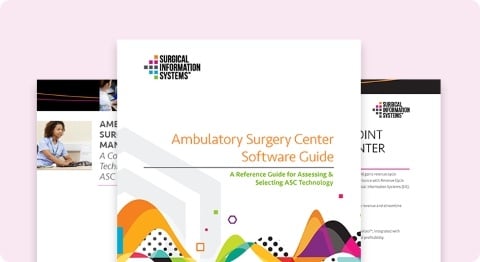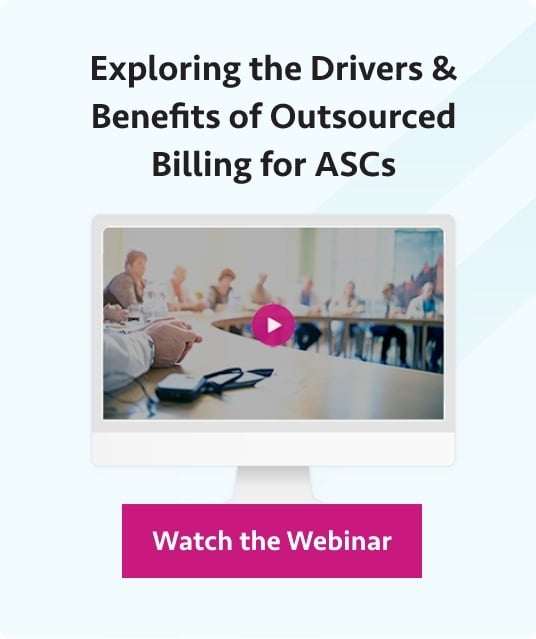 August is National ASC Month. Designated by the Ambulatory Surgery Center Association (ASCA), National ASC Month is intended to celebrate ASCs and the ASC industry and help raise awareness of the multitude of benefits surgery centers deliver to their communities and the healthcare system as a whole.
August is National ASC Month. Designated by the Ambulatory Surgery Center Association (ASCA), National ASC Month is intended to celebrate ASCs and the ASC industry and help raise awareness of the multitude of benefits surgery centers deliver to their communities and the healthcare system as a whole.
We asked three leaders of ASCs and two ASC industry experts who serve on the SIS team to share their thoughts on three questions concerning efforts to elevate the profiles of individual ASCs and surgery centers nationwide.
Q: Why is it important for ASCs to promote awareness of their facilities and the role surgery centers play in the healthcare system?
Jon Van Valkenburg, CASC, Executive Director, Upstate Orthopedics Ambulatory Surgery Center in East Syracuse, N.Y.: It is important for ASCs to promote awareness because many people, including patients and policymakers, are not familiar with the role that ASCs play or, in many cases, even what an ASC is.
Gabriel Figueroa, CASC, Chief Operating Officer, Gramercy Healthcare in New York: The ASC model in my opinion, is the wave of the future. I believe we will continue to see migrations of more invasive procedures move into the ASC setting for several reasons. With advances in technology, we can safely perform more types of surgery in the outpatient setting while maintaining — or, quite frankly, improving — quality. I believe this trend will continue to evolve and expand every year.
Hospital-borne infections have become an epidemic. This fact, coupled with the very low infection rates and the cost-effectiveness of performing surgery in the ASC, is very appealing to patients, physicians, and payers. There are more reasons, but these reasons alone make it essential to advocate and bring more awareness to each of the facilities within their respective communities.
Society still associates most surgery with hospitals. It's just second nature for us to assume surgery is going to be at the hospital. I think that's starting to change on some level, but it's important that ASCs continue reach out to their communities in as many ways as possible to educate and inform people on the services and impact they can provide.
Cheryl Carpenter, CASC, Administrator, Sterling Surgical Center in Orchard Park, N.Y.: Despite a history spanning back to the 1970s and the existence of over 5,400 ASCs across the country, there is still confusion about who we are and what we do, not only by the patients we serve but among the legislators and regulatory bodies that govern our operations. A recent past-president of the New York State Association of Ambulatory Surgery Centers recounted that he had a legislator ask him, "So, you perform surgery in an ambulance?"
It is important that the communities we serve understand that they have a choice in how, when, and where they receive their care. It is important for our local and national legislators to understand that we provide quality and safety to our patients at least equal to that of our hospital counterparts and separate and distinct from office-based surgical practices.
Ann Geier, MS, RN, CNOR, CASC, Chief Nursing Officer, SIS: People still don't know what an ASC is. When I am asked what I do for a living and I try to explain my work for the ASC industry, they inevitably ask, "What's an ASC?" ASCs have been around for 40 years, there are about as many ASCs as there are hospitals, and yet most people still don't know about surgery centers. That's hugely problematic. When people don't know what we are, they don't know about the benefits we deliver to patients and the healthcare system.
Daren Smith, Senior Clinical Solutions Specialist, SIS: ASCs deliver high-quality healthcare in a very convenient fashion. Due to the changes in healthcare, where patients need to be better consumers of their healthcare, we really want to promote the high-quality, low-cost ASC model.
If someone goes to the hospital to have a colonoscopy and it costs $3,000, it's not just $3,000 of expense to that patient. The cost gets spread out to everybody since we're all paying for insurance and contributing healthcare dollars. We need to be leading and supporting efforts that push care toward high-quality options that will cost less.
Q: What can ASCs do to raise awareness of their facilities?
Jon Van Valkenburg: To be honest with you, we don't do enough. We offer some informational materials for patients in our waiting room. I am working on scheduling tours and advocacy visits with legislative representatives at the state and federal level. Collectively, as an industry, we need to do more to promote awareness and get the word out about the great care we are providing for our patients and our communities every day.
Gabriel Figueroa: We've had several local and state officials visit our center, including the lieutenant governor of our state, and take a tour of our facilities. Each of these visits offers us a unique opportunity to educate them on the types of services we provide, and they see the quality of care we take very seriously. We've hosted seminars for our physicians to speak to patients about procedures they perform in the ASC as well as open houses to invite those interested to come see the facility and ask any questions they may have about the ASC experience.
Cheryl Carpenter: ASCs use many methods to raise awareness. In the local community, much of that function is provided to patients through our physician partners as well as through our websites, community involvement, and events. For example, our center does a lot of colon cancer screening. We have co-sponsored and participated in the Colorectal Cancer Alliance's "Undy RunWalk," a national colon cancer awareness initiative.
We also rely on our state and national associations to assist with not only public awareness, but for legislative support, educational resources, and development. ASCA is an invaluable national resource, and a strong, collaborative, state association can help take your center to the next level.
Ann Geier: ASCs need to be visible. They can help achieve this goal by having open houses. Also, look for opportunities to get into local media coverage. If your ASC does charity work, that always will get into the paper. Supporting your community makes an ASC look really good.
Daren Smith: I think it all comes down to partnerships, specifically developing strong partnerships with those physicians who are part of your ASC. When they are involved in activities in your community, make sure your ASC is involved as well. I think that goes a long way to raising awareness of the ASC and enhancing its credibility in the process.
Q: Through awareness-raising efforts, what do you hope communities learn about ASCs?
Jon Van Valkenburg: We hope that members of the community will learn that ASCs provide patients with a more convenient, lower-cost alternative to hospital-based outpatient procedures and with a strong track record of high-quality care, positive patient outcomes, and high patient satisfaction levels.
Gabriel Figueroa: Most importantly, that ASCs offer a safe and secure environment for them to receive the care they need. We want to educate them on the services we can provide and that they have access to that care outside of the hospital.
Cheryl Carpenter: We hope to build a relationship with our community based on trust. We want our patients to be secure in the knowledge that we will provide the highest level of safety and do so in an efficient manner and with boutique-style service. We also want our providers, patients, payers, and legislators to see that an ASC can do all of this in a cost-conscious environment!
Ann Geier: The biggest takeaway is that ASCs provide the highest level of care in the safest manner possible. Our communities also need to know we adhere to all the standards of care hospitals meet and we can save them and the healthcare system significant amounts of money.
Daren Smith: It's all about making sure your community is aware they have options for where to receive their surgical care, and that going to the ASC will be a high-quality, lower-cost, and more convenient option for their elective healthcare needs.




